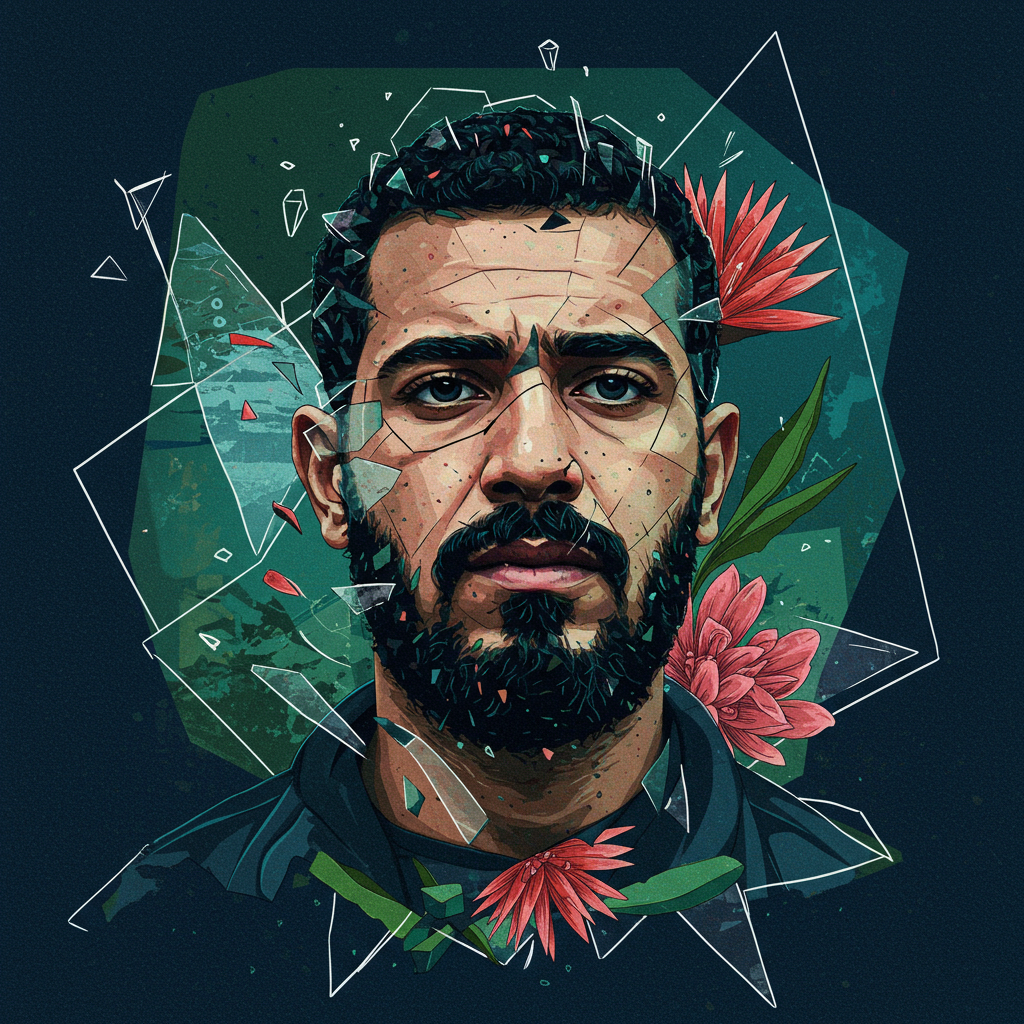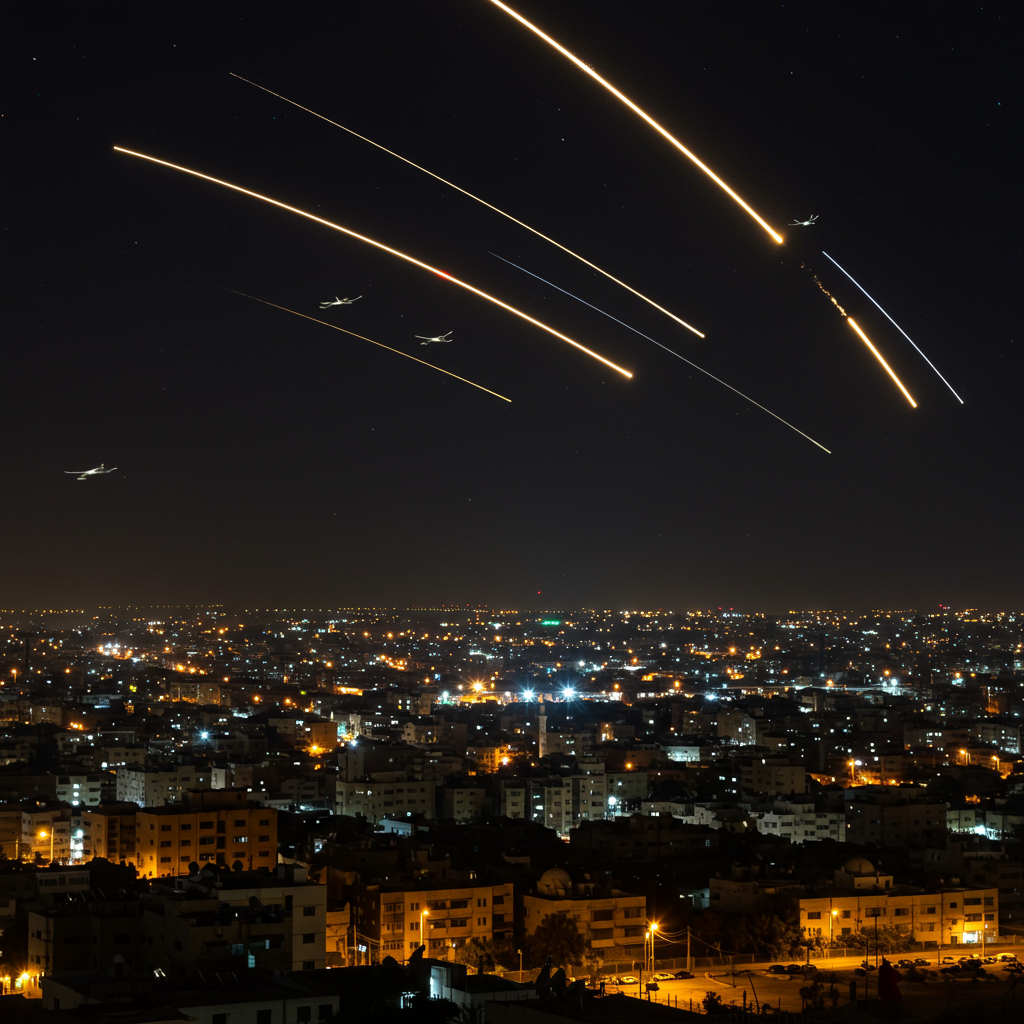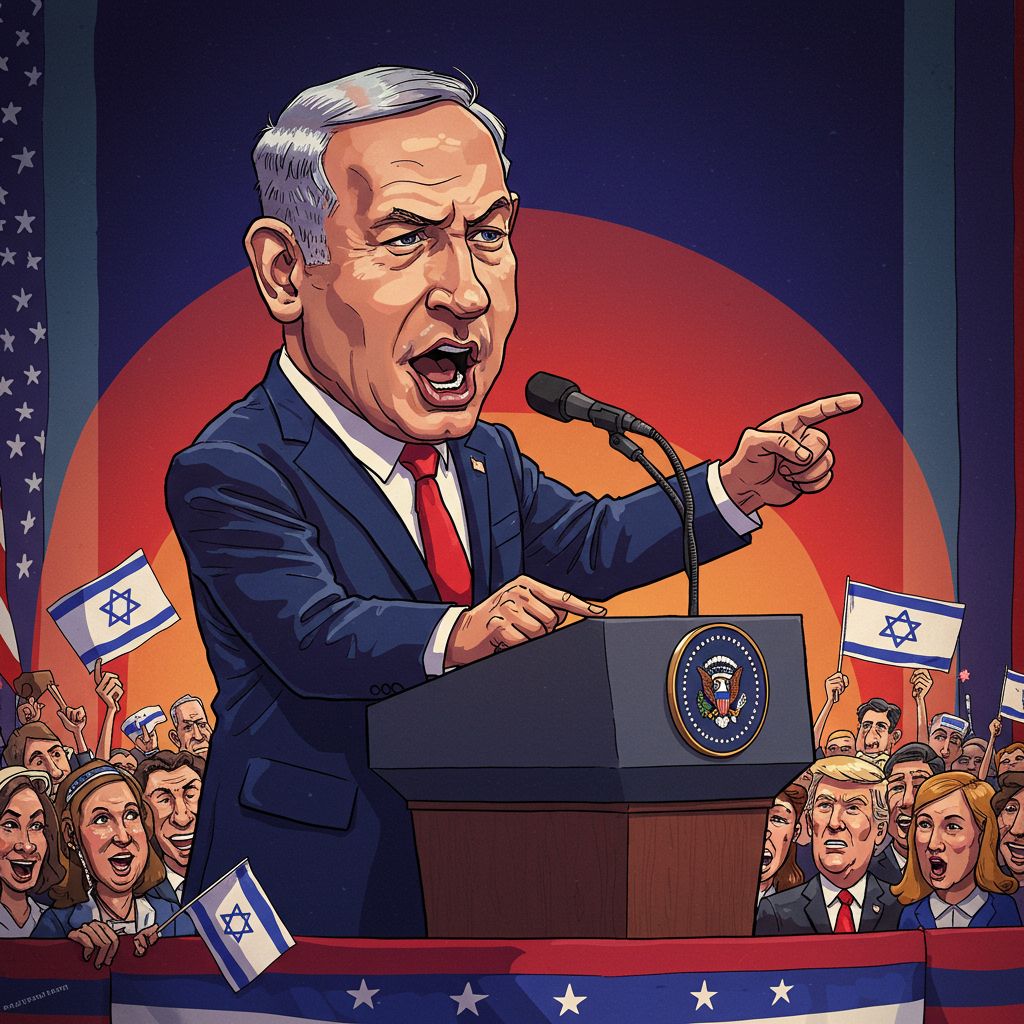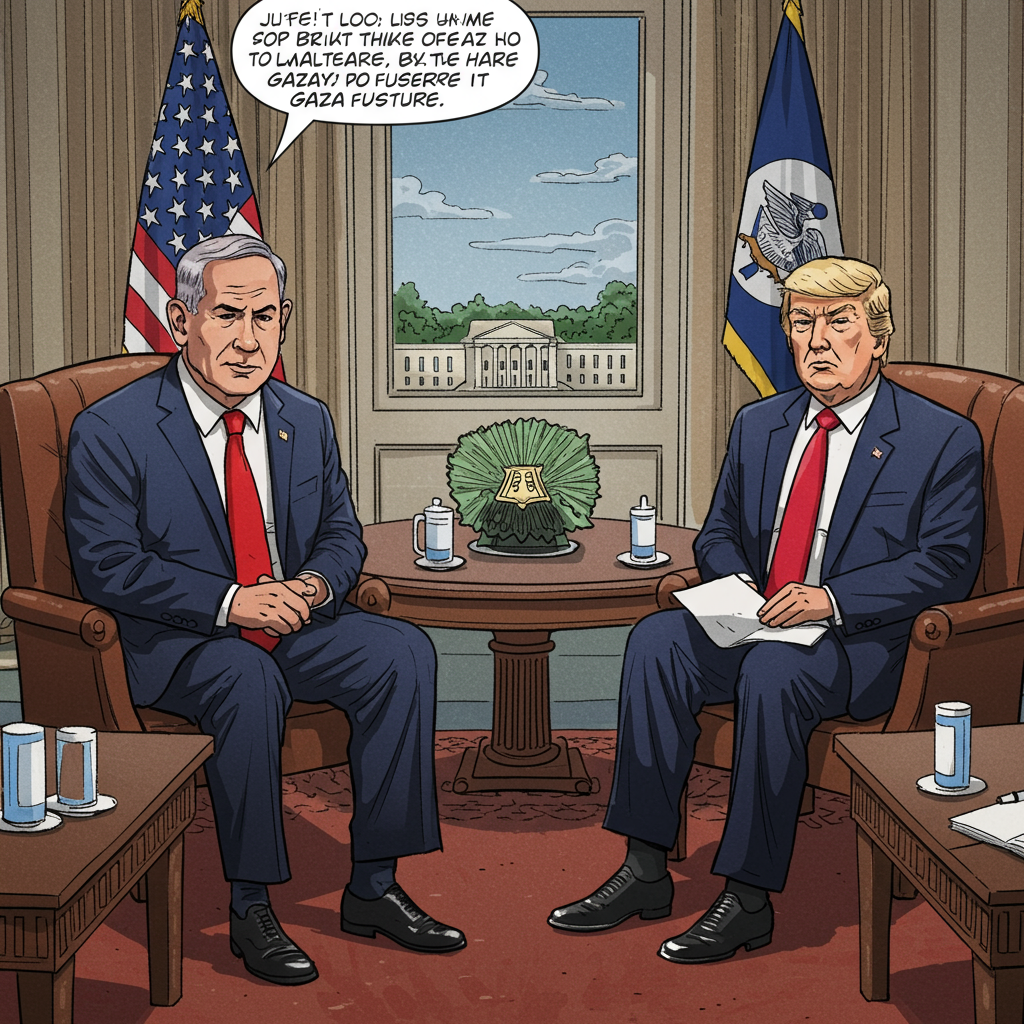Palestinian Activist Released from Detention Linked to Pro-Gaza Protests
Mahmoud Khalil, a prominent Palestinian activist and legal U.S. resident, has been released from federal immigration detention after spending 104 days in custody. Khalil, a former Columbia University graduate student, was arrested in March 2025 near his apartment on campus, an action widely seen as part of the Trump administration’s crackdown on pro-Palestinian student activism.
His detention came amidst rising tensions around campus protests against Israel’s war in Gaza. Khalil had played a significant role as a student negotiator and spokesperson during demonstrations at Columbia, making him a visible figure targeted by critics. Despite not being accused of violence or charged with any crime related to the protests, his activism became the basis for deportation proceedings.
Judge Orders Release, Citing Due Process Concerns
Khalil was held at an Immigration and Customs Enforcement (ICE) facility in the rural town of Jena, Louisiana, over 1,000 miles away from his home in New York. His release on bail was ordered by U.S. District Court Judge Michael Farbiarz in New Jersey late Friday evening, June 20, 2025, following a legal challenge mounted by Khalil’s attorneys.
Judge Farbiarz found that the government had not met the necessary standards for continued detention. He explicitly ruled that Khalil was not a flight risk and posed no danger to the community, calling the attempt to keep him detained “highly, highly unusual.” The judge further stated that there was “at least something to the underlying claim” that the immigration charge was being used to punish Khalil for his activism, suggesting such action would be unconstitutional.
Earlier in the case, Judge Farbiarz had also ruled that the government could not use a rarely invoked statute citing harm to U.S. foreign policy (an argument made by Secretary of State Marco Rubio) as a basis for Khalil’s detention or deportation. The judge’s decision underscored concerns that Khalil’s continued detention despite the lack of clear justification prevented him from exercising his free speech and due process rights.
“Justice Prevailed, But It’s Long Overdue”
Wearing a keffiyeh, a symbol of Palestinian identity, Khalil emerged from the detention center Friday evening, pumping his fists and expressing relief. “Although justice prevailed, but it’s long, very long overdue, and this shouldn’t have taken three months,” he told reporters. He highlighted that he was leaving behind “incredible men,” over 1,000 people, in a place where they shouldn’t be.
Khalil also commented on his experience, stating it showed him “a different reality about this country that supposedly champions human rights and liberty and justice.” He asserted that no one should be detained for protesting the war in Gaza.
One of the most profound personal impacts of his detention was missing the birth of his son, Deen, who was born while Khalil was in custody far from home. Khalil shared his anticipation of finally being reunited with his U.S. citizen wife, Dr. Noor Abdalla, and their infant son in New York. Dr. Abdalla expressed relief at his release but noted that the court ruling “does not begin to address the injustices the Trump administration has brought upon our family, and so many others.”
Ongoing Legal Battle and Government Pushback
Khalil’s release marks a significant victory for his legal team and advocates, placing him among several other student activists targeted by the administration who were previously released from detention. However, his broader immigration case remains ongoing on a separate track.
While Judge Farbiarz’s ruling secured his release from federal detention, Khalil’s lawyers informed the court that an immigration judge in Louisiana had simultaneously ordered Khalil deported based on separate allegations that he made misrepresentations on his 2024 green card application – a charge Khalil disputes. His legal team plans to appeal this deportation order.
As part of his conditional release, Khalil was required to surrender his Algerian passport to immigration authorities. His international travel is restricted, though he is permitted limited domestic travel to New York (to reunite with family), Michigan (to visit family), New Jersey and Louisiana (for court appearances), and Washington D.C. (to lobby Congress). His green card was returned to him.
The U.S. government, however, has stated its intention to challenge Judge Farbiarz’s release order. The Department of Homeland Security criticized the ruling, asserting that an immigration judge, not a federal district judge, has the primary authority over detention decisions. A White House spokeswoman called the federal judge’s decision “out-of-control,” claiming it undermines national security, and stated they expect to be “vindicated on appeal.” Khalil’s attorneys have previously accused the administration of using “cruel, transparent delay tactics.”
Despite the legal challenges ahead, Khalil’s attorneys stated he is a peace activist and international human rights activist who will not stop advocating for justice for the Palestinian people and an end to the violence in Gaza.




